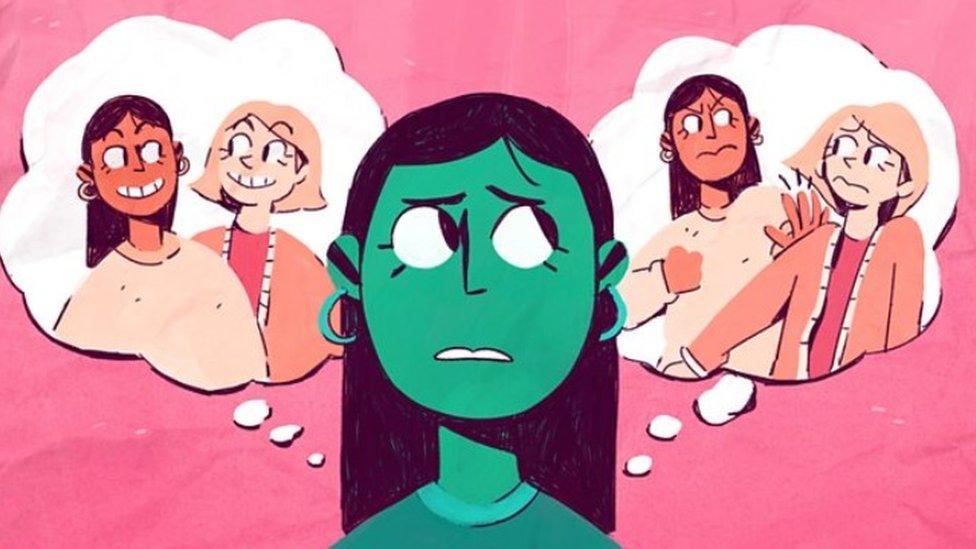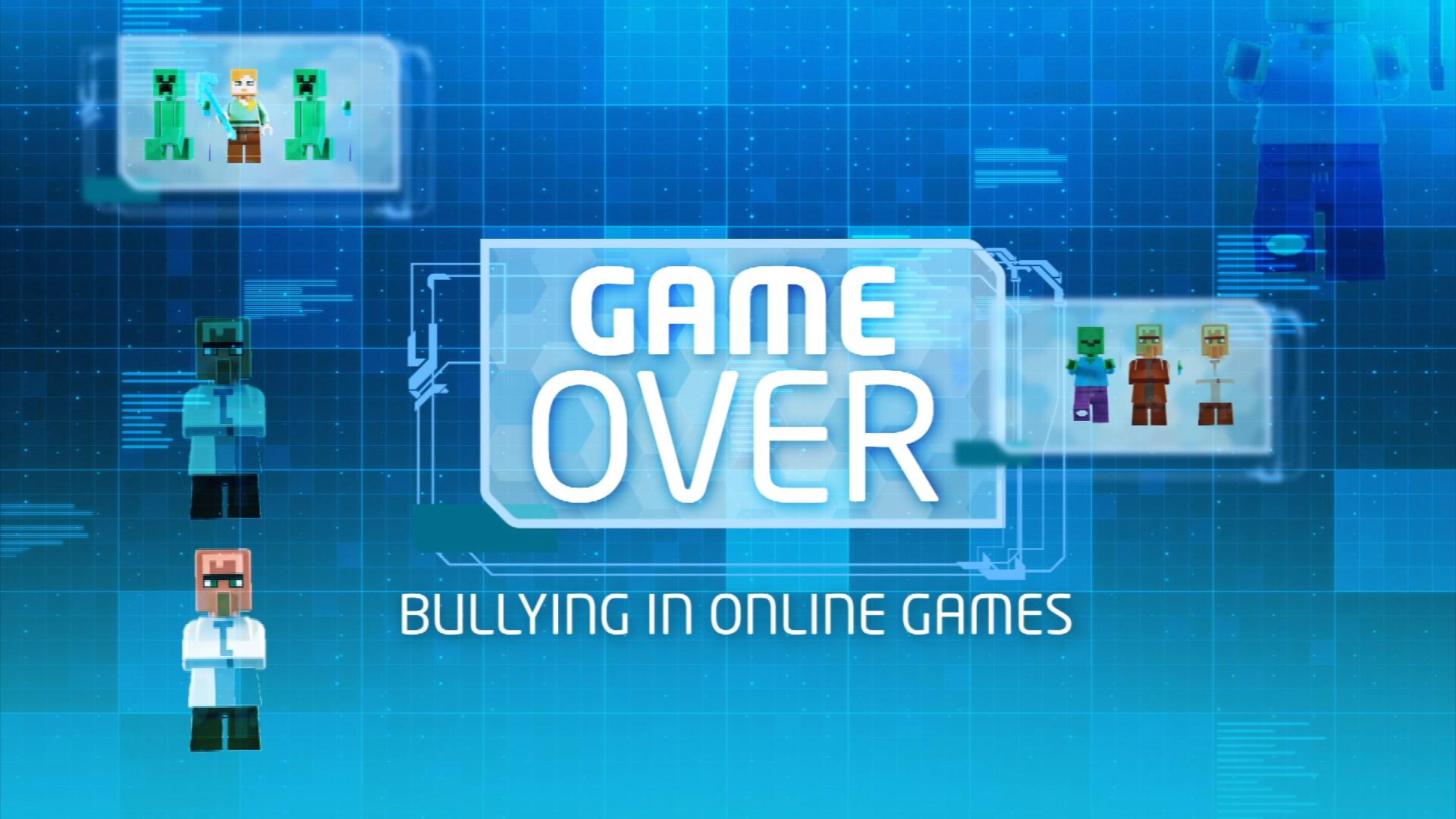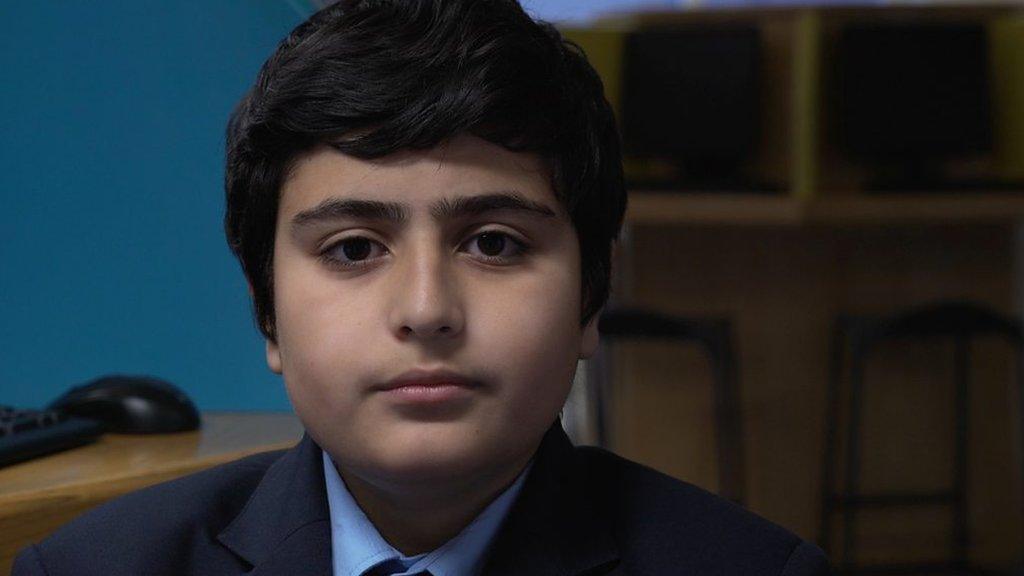Anti-Bullying Week: Children say they've seen adults bullying each other
- Published
- comments

Children want grown-ups to set a better example, with 40% of kids saying they've seen adults bullying each other in the last six month.
1,001 children aged between 11 and 16 were asked about their experiences by the Anti-Bullying Alliance.
Many of the children who took part said that they had seen adults setting a bad example by arguing face-to-face, on social media or on television.
Nearly all the children who took part say they want to see more respect shown by grown-ups.
Martha Evans, director of the Anti-Bullying Alliance, said: "Children look to parents and other grown-ups for acceptable behaviour.
"If children say they see adults bullying and being disrespectful to each other, we have to ask whether grown-ups could do more to act as role models to children.
"We hope that adults, as well as schoolchildren, will take the 'choose respect' message to heart during Anti-Bullying Week, and put it into practice even in situations where they disagree with someone else."
WATCH: How to recognise bullying
One Child is Bullied Everyday
Anti-bullying week starts on the 12 November and the Anti-Bullying alliance say that they have found out that a child in England is bullied each day in person, online or in every classroom.
Nearly all the children the charity spoke to say that they've seen other kids being bullied by someone else.
If you are worried that you or anyone that you know is being bullied, speak to an adult that you trust you about it. That might be a teacher or someone in your family.
Or you can call ChildLine for free on 0800 1111.
Bullying can be very scary to see whether it is children or adults bullying each other.
The most important thing to do if you see bullying is keep safe, calm and speak to an adult you trust.
Don't get involved. It doesn't help the situation and you might put yourself at risk.
If you feel safe enough, perhaps after things have calmed down, tell them calmly that you don't like what is happening.
Should adults set a better example?
- Published16 November 2017

- Published16 November 2017

- Published5 June 2018

